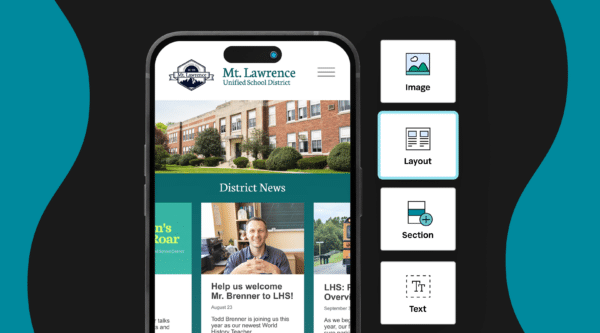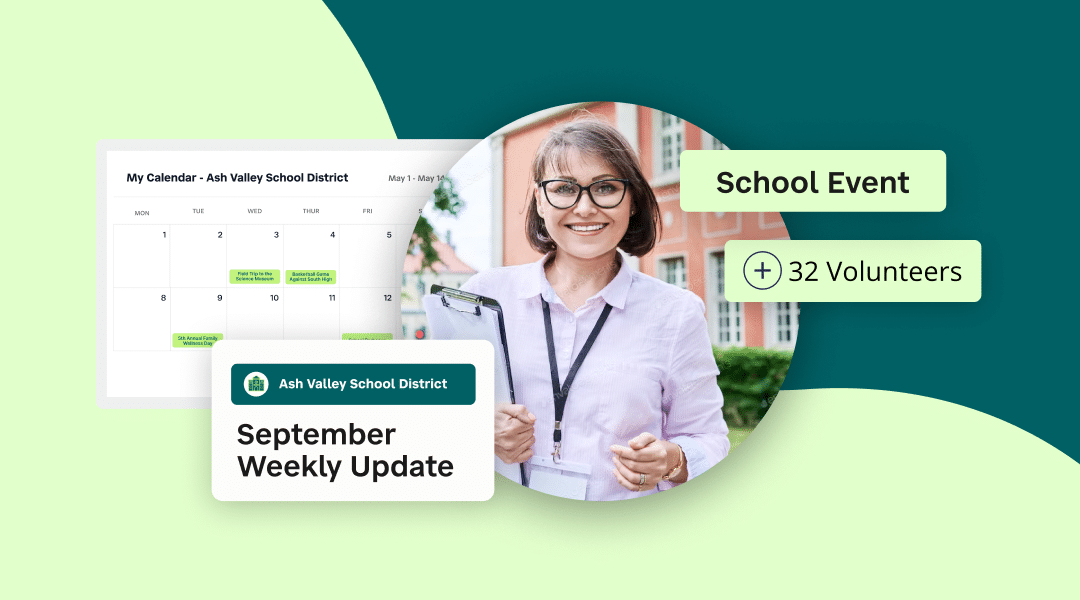

In the dynamic world of education, schools constantly seek innovative ways to enhance their programs, resources, and facilities. One powerful tool at their disposal is effective communication. As a former school administrator and teacher, I have witnessed firsthand how strategic communication can not only engage the school community but also kickstart and sustain successful fundraising campaigns. Here are several ways that schools can leverage communication to boost their fundraising efforts:
1. Building Trust and Transparency
Trust is the foundation of any successful fundraising effort. When parents, students, and community members understand how funds will be used, they are more likely to contribute. Regular updates through newsletters, social media, and meetings help build this trust. Providing detailed reports on previous fundraisers and how the money was utilized can further enhance transparency and encourage future donations. For more insights on building trust, check out our blog on Three Strategies for Proactive Family Outreach.
2. Engaging Storytelling
People are more likely to donate when they feel emotionally connected to the cause. Share compelling stories about how past donations have positively impacted students and the school community. Highlight individual success stories, improvements in school facilities, and enhancements in educational programs. These narratives can be shared through various channels, including social media, school websites, newsletters and during school events.
3. Utilizing Multiple Channels
Effective communication in fundraising is about reaching people where they are. Utilize a mix of traditional and digital channels to maximize reach. This includes emails, text messages, social media posts, and printed flyers. Each channel can be tailored to target different segments of the school community, ensuring a wider and more effective reach.
4. Personalized Communication
Generic messages can often be overlooked. Personalizing communication makes donors feel valued and appreciated. Addressing parents by their names and acknowledging their past contributions in letters or emails can make a significant difference. Personalized thank-you notes after donations also help in building a lasting relationship with donors.
5. Clear Call-to-Actions
A successful fundraising campaign requires clear and compelling call-to-actions (CTAs). Whether it’s through a social media post, an email, or a speech at a school event, clearly explain how people can contribute and the impact of their donations. Providing easy-to-follow instructions and multiple ways to donate (online platforms, checks, cash) can also facilitate the donation process.
6. Leveraging Student Involvement
Students can be powerful advocates for fundraising efforts. Encourage students to participate in fundraising campaigns by sharing their experiences and the benefits they have received from previous donations. Student-led initiatives and peer-to-peer fundraising can also be very effective. When students are involved, it not only enhances the authenticity of the message but also encourages parents and community members to contribute.
7. Showcasing Progress and Results
Regularly updating the community on the progress of fundraising goals and the results achieved can maintain momentum. Share milestones reached and celebrate successes publicly. This continuous engagement keeps the community motivated and invested in the ongoing success of the fundraising efforts.
8. Hosting Fundraising Events
Events provide an excellent opportunity for direct engagement and fundraising. School fairs, talent shows, and sports events can be designed to include fundraising activities. Promote these events through all communication channels and ensure there is a clear fundraising goal associated with each event. For Education fundraising without a fee, check out this podcast.
Conclusion
Effective communication is the cornerstone of successful fundraising. By building trust, engaging the community through compelling stories, utilizing multiple channels, and showcasing progress, schools can significantly enhance their fundraising efforts. As educators and administrators, it is our responsibility to ensure that our communication strategies are not only informative but also inspire action and foster a strong sense of community support. For more tips on improving school communication, visit the SchoolStatus blog.
Stay Connected
News, articles, and tips for meeting your district’s goals—delivered to your inbox.






